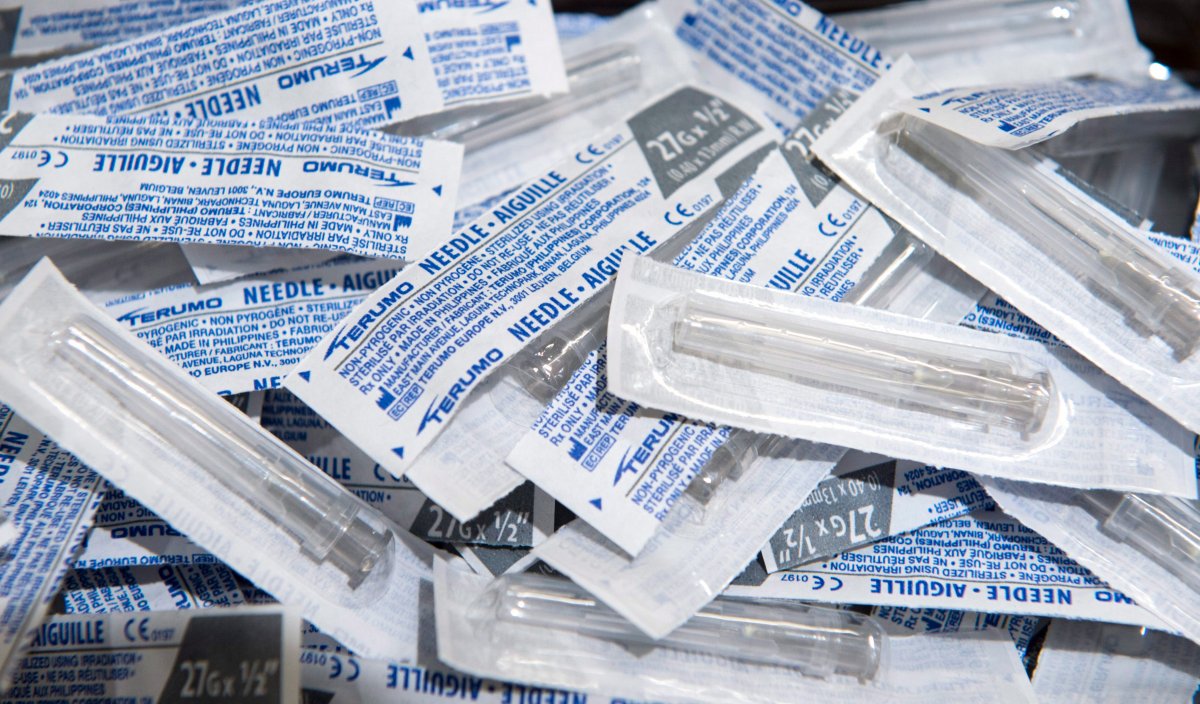The director of Montreal’s public health department is welcoming a recent report by Toronto’s board of health pushing the federal government to decriminalize all drugs.

Mylène Drouin says she’s in favour of the report, which calls for a health-oriented drug policy instead of a crime-driven one.
READ MORE: Toronto’s chief medical officer calls for decriminalization of all personal drug use
Drouin says in a statement that decriminalization will certainly be on the agenda at provincial and national health meetings as it is one of the measures being considered as part of a response to an unprecedented problem in many Canadian cities.
A Health Canada report last month found that nearly 4,000 Canadians died from an apparent opioid overdose in 2017, including 303 opioid overdose-related deaths in Toronto.
READ MORE: Toronto police begin rollout of naloxone kits amid opioid crisis
That prompted Toronto’s health board urging a federal task force to explore “options for the legal regulation of all drugs in Canada, based on a public health approach.”
Health Canada has said the government is not currently looking at decriminalizing or legalizing all drugs.
In Montreal, the number of deaths relating to probable opioid overdoses was 140 for a period of a little over a year, ending June 30.
READ MORE: Quebec government unveils action plan to fight opioid overdoses, addiction
The overdose situation is lower in Montreal, but the local health authority says that is because of several initiatives put in place in recent years, including access to naloxone kits and an increase in the number of supervised injection sites.
The Montreal health authority says documented efforts to decriminalize drugs for personal use, including those in Portugal, demonstrate a marked reduction in stigma and HIV infection as well as in the number of court cases. It also contends the efforts increase levels of social reinsertion.
Quebec announced this week it is investing $35 million annually on prevention and treatment of addictive behaviour — with two-thirds of that amount dedicated to preventing opioid addiction.
READ MORE: Laval police officers now equipped with naloxone as fentanyl overdoses continue to rise


Comments